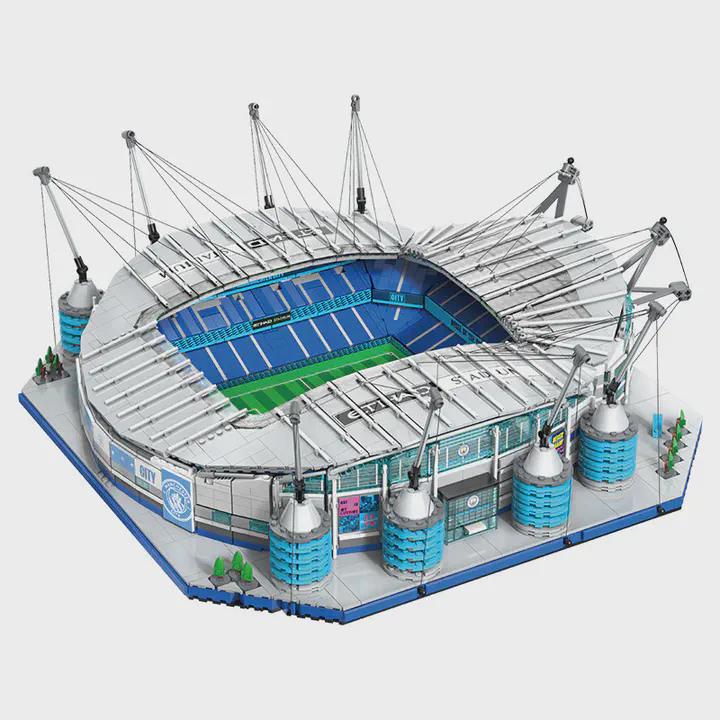All About the City of Manchester Stadium

Introduction
The City of Manchester Stadium, known officially as the Etihad Stadium, holds a significant place in the world of sports as the home of Manchester City Football Club. Opened in 2003, this state-of-the-art facility has not only transformed the skyline of Manchester but has also contributed to the economic and cultural vibrancy of the city. Hosting numerous high-profile matches and events, the stadium reinforces Manchester’s status as a quintessential location for football enthusiasts.
Historical Background
Originally built as an athletics venue for the 2002 Commonwealth Games, the City of Manchester Stadium transitioned into a football stadium after the games concluded. Manchester City FC acquired the stadium in 2003 for approximately £40 million, subsequently investing heavily in refurbishments to turn it into a premier football venue. The stadium boasts a seating capacity of around 53,000, making it one of the largest in the United Kingdom.
Recent Events and Developments
In recent years, the City of Manchester Stadium has seen significant developments, both on and off the pitch. Manchester City FC has enjoyed tremendous success in the English Premier League, winning multiple titles since their acquisition by the Abu Dhabi United Group in 2008. This success has transformed the club into a major contender in both domestic and international football. The stadium has also hosted events beyond football, including concerts and community events, further integrating it into the local culture.
Community Engagement
The impact of the City of Manchester Stadium extends far beyond the pitch. The club’s community initiatives focus on providing support and engagement for the youth and diverse communities in Manchester. Programmes such as the City in the Community initiative aim to promote health, education, and social inclusion through football, highlighting the stadium’s role as a community hub.
Conclusion
The City of Manchester Stadium is more than just a venue for sporting events; it is a pivotal part of Manchester’s identity. As it continues to host major events and serves as the home of a thriving football club, the stadium plays a crucial role in enhancing the local economy and fostering community spirit. Looking ahead, as Manchester City pushes for further success on the international stage, the importance of the City of Manchester Stadium is set to grow, securing its legacy in the annals of football history.
